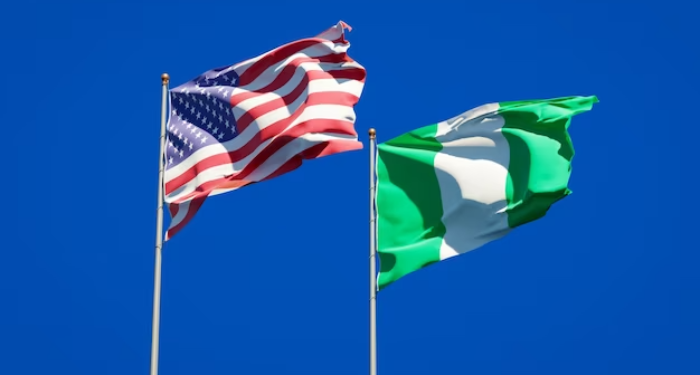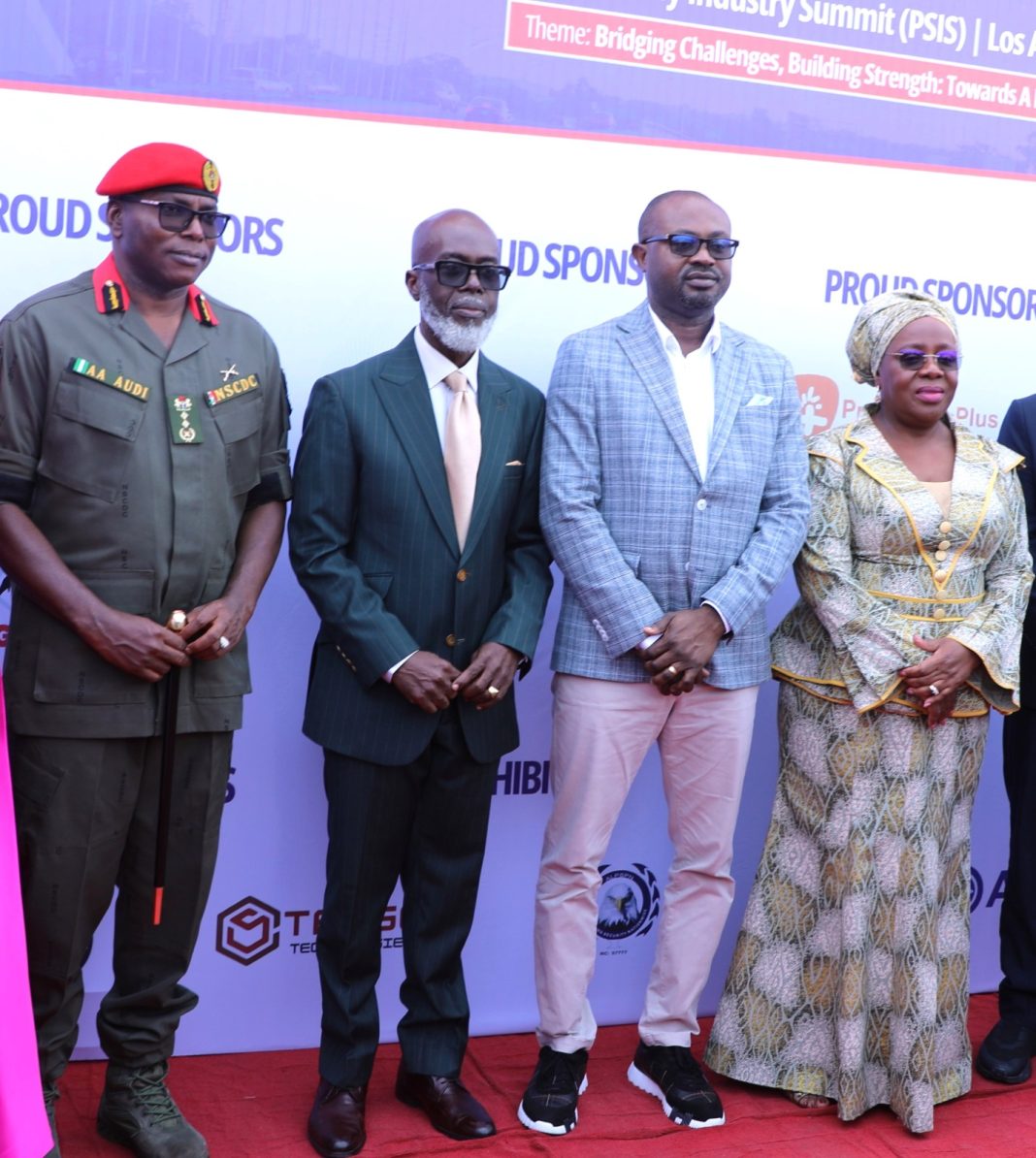By IDRIS ABUBAKAR
Nigeria’s North‑Central region is bleeding under the weight of growing violence, and the implications for the nation’s seat of power in Abuja are deep and wide‑ranging. States such as Benue, Plateau, Nasarawa, Niger, and Kogi have witnessed a surge of attacks by armed groups, bandits, gunmen, and herder‑farmer clashes that are no longer confined to remote villages but creeping toward the corridors of national power.
In Benue, one of the worst episodes occurred in the community of Yelewata in Guma Local Government Area, where gunmen struck overnight and killed scores of people. The attackers set fire to homes, locked families inside, and razed property while residents slept. In Plateau, villages like Zurak and Dakai were attacked by gunmen fleeing military operations, killing dozens, burning houses, and abducting villagers. Meanwhile, in several local councils of Nasarawa, more than 100 lives were lost in attacks over several months. In Niger State, the forested corridors of Shiroro, Rafi, Munya, and Mariga have become enclaves for armed groups, with thousands of lives lost and tens of thousands displaced.
These incidents are not isolated. In Plateau’s Barkin Ladi and Bokkos Local Government Areas, over 100 people were killed across several communities in a single weekend. In Benue’s Otukpo-Akpa axis, armed herders targeted communities, burning homes and killing residents in multiple attacks. The North‑Central zone has also recorded a high number of kidnapping victims, marking it as one of the regions most affected by abductions in Nigeria.
These violent episodes matter because the North‑Central sits under the gaze of Abuja. Many of the attacked places lie on arteries feeding the capital or in states that serve as buffer zones around the federal territory. When insecurity festers there, the seat of national governance becomes less tenable as a center of calm. Markets dry up, farmers can no longer produce, displaced persons strain state resources, and the government’s legitimacy implodes from the grassroots up.
Into this context has stepped former U.S. President Donald Trump, who in recent statements has framed the crisis in religious terms, alleging mass killings of Christians in Nigeria and threatening U.S. military intervention if the federal government does not act swiftly. While his remarks are politically charged, they underscore a reality that Nigeria cannot ignore: the violence is not only a regional problem but also a humanitarian crisis affecting religious communities and local populations alike.
Can this interventionist rhetoric fly? On one hand, external pressure may provide impetus for the Nigerian government to act more decisively, strengthen intelligence and security operations, and attend to the grievances of trauma‑racked communities. Some Nigerians have welcomed outside assistance, as long as territorial integrity is respected. On the other hand, analysts point out that the violence in Nigeria is not purely religious; it is often driven by resource competition, land-use conflicts, historic cattle-routes, ethnic tension, and weak governance, affecting both Christians and Muslims. To characterize it as an attack uniquely on Christians risks misdiagnosing the root causes and could inflame sectarian divisions.
Moreover, the logistics of a military intervention in Nigeria present enormous hurdles: coordination with the Nigerian military, respect for sovereignty, identifying legitimate targets, avoiding civilian harm, managing backlash, and sustaining peace rather than igniting further instability. The threat may therefore be more of a geopolitical lever than a forthcoming operation.
For the North‑Central region, the urgent need is less about overseas boots and more about domestic capacity: rebuilding trust between communities, ensuring security agencies are present and responsive in far-flung rural locales, resolving land and herder-farmer conflicts, securing livelihoods, and addressing displacement. When communities in Yelewata, Zurak, Obi, Shiroro, or Otukpo feel abandoned, the seat of power in Abuja suffers. The national economy is disrupted, investment cautions to safer grounds, food production falls, and the state’s ability to perform diminishes.
The calls from Trump underscore that the world is watching Nigeria’s North‑Central turmoil. Yet for durable peace, the solution must come from Nigerian institutions, policies, and communities because only they can weave together the stability, justice, and reconciliation that a foreign military mandate likely cannot achieve. If Abuja waits for external salvation, it risks losing the initiative. While intervention rhetoric may fly as a headline, the real flight path to peace involves strengthening local governance, expanding security presence strategically, investing in rural resilience, and bridging fault lines in society.
In conclusion,
North‑Central Nigeria is bleeding. The blood is on the land, in homes, and in fields, but the wound is also in the capacity of the state. The seat of power is sitting not on solid ground but on unstable soil. Whether foreign-led intervention can fly is a question of politics, capability, and will. But what must fly is the long-overdue commitment to protect every Nigerian civilian, whether Christian or Muslim, farmer or herder, because any safe space lost in this region weakens the entire nation.





